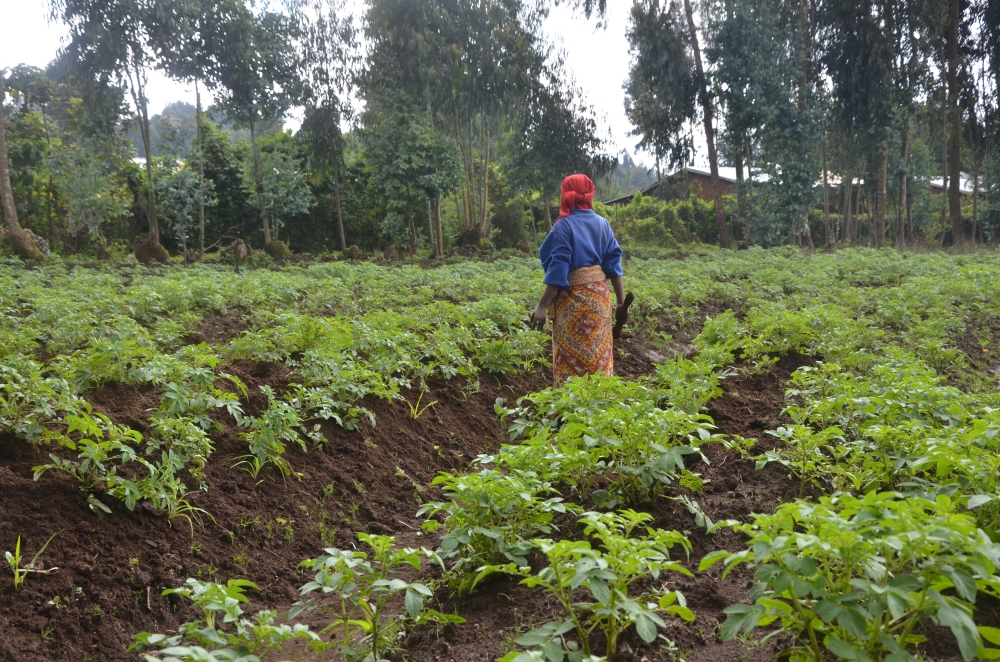

Agriculture services rank lowest in citizen satisfaction, as per a new 2023-2024 report by Rwanda Governance Board (RGB) presented to parliament on Tuesday, October 29.
According to the report, safety and security scored the highest in citizen satisfaction, with a rating of 91.3 percent, while rule of law followed closely with 90.2 percent, and citizen participation in governance ranked third at 89.2 percent.
ALSO READ: Technology, fee waivers credited for Rwanda&039;s land service improvements – report
The RGB report is part of the government's efforts to gauge governance quality in the country.
In interviews with The New Times, farmers highlighted specific challenges in agriculture, such as issues with seed quality. Jean Paul Nkenzabo, a farmer from Gakenke District, talked about a decline in the quality of maize seeds since the shift from Kenyan imports to local sources.
"We receive poor maize seeds. In the past, we used to have good seeds imported from Kenya, which gave better harvests," he said.
Alphonsine Nzamwita, a soya and beans farmer in Gatsibo District, said there is limited access to irrigation in drought-prone areas.
"We need better access to irrigation [facilities] and controls for erosion during the rainy season. We lack pumps to draw water from valleys, and we need subsidies or capital to purchase equipment," she explained.
ALSO READ: NST2: How govt plans to drive agriculture forward
She emphasised the need for education on crop insurance to help farmers protect their investments.
For tomato farmer John Wyclef Nkundiyera, from Nyagatare District, the lack of enough skilled agronomists is a challenge. However, he noted, not all challenges can be blamed on shortcomings of the services provided to farmers by relevant institutions since there are times when, for example, climate issues impact outcomes of their agricultural investments.
ALSO READ: Analysing Rwanda’s key crop yields in 2023
The report recommended measures to address agricultural challenges, including dealing with climate-related problems, fighting crop diseases, and establishing more agro-processing industries.
Under NST2, the government’s five-year programme (2024-2029), Rwanda targets boosting agricultural productivity by over 50 percent, as the country aims for food self-sufficiency and surplus for the market.
According to the fifth Population and Housing Census that was carried out in 2022, 69 percent of Rwandan households are engaged in agriculture activities, with 26.8 percent concentrating on crop farming, nine percent working in animal husbandry, while 64.2 percent are relying on both.


